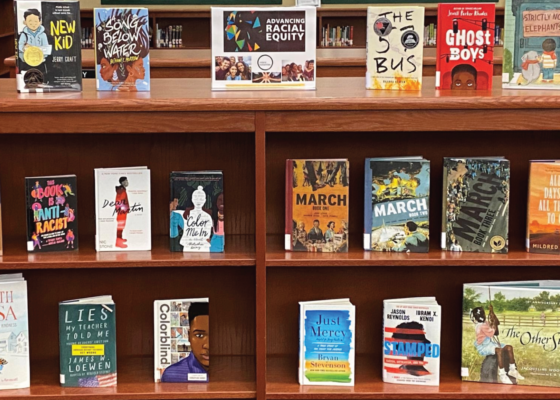Past/Present/Future: Farming
April 23, 2013Innovation is no stranger to agriculture, especially in an agricultural state like Indiana. We all need to eat! Past Agrarian (or agriculture-centric) societies have dominated for millennia. Agriculture was the…
Innovation is no stranger to agriculture, especially in an agricultural state like Indiana. We all need to eat!
Past
Agrarian (or agriculture-centric) societies have dominated for millennia.
Agriculture was the reason people settled into a non-nomadic lifestyle and began to build civilizations. Moreover, the amount of labor required to cultivate the land meant that people could only grow enough food to feed themselves, so almost everyone farmed. It was not until the 19th century, and the innovations of the Industrial Revolution, that farmers were able to grow a vast surplus of food. This enabled most people to specialize in other professions.
What other innovations can you recall that completely changed the landscape of society?
Present
It is a time of great innovation in the agricultural world and Indiana companies, like Dow AgroSciences and Elanco, are changing the way the world eats. Some of Dow’s most important contributions are to crop protection and Elanco’s work on animal health helps ensure food safety. A number of Purdue professors are also conducting innovative research. Two professors have won the World Food Prize for their research in the past decade. Dr. Phillip E. Nelson (2007) pioneered bulk processing and packaging technologies that allow nutritious foods to be enjoyed worldwide. And, Dr. Gebisa Ejeta (2009) worked on a drought and weed resistant strain of sorghum to help increase yields in sub-Saharan Africa. (See Ejeta¹s story in the Spirit of Competition traveling exhibit). In Indiana’s fields, some farmers are switching to organic or grassfed niche specialties. These changes can impact farms’ output; therefore, people are still working on innovative ways to go organic and not lose productivity.
Farmers, scientists, and business experts must use innovative technology and diversification methods in order to feed the world.
Future
About two hundred years ago when the world’s population was climbing towards one billion, theorist Thomas Malthus worried about there being enough resources to sustain the exponentially growing world population. There are now over 7 billion people in the world.
Are we innovative enough to keep the entire world fed? How can Hoosiers help?
In April and May, Indiana Humanities is exploring the topic of “innovation,” as part of its Spirit of Competition theme. This post was written by Jenny Kalvaitis, an intern for Indiana Humanities and a Master’s candidate in Public History at IUPUI.


